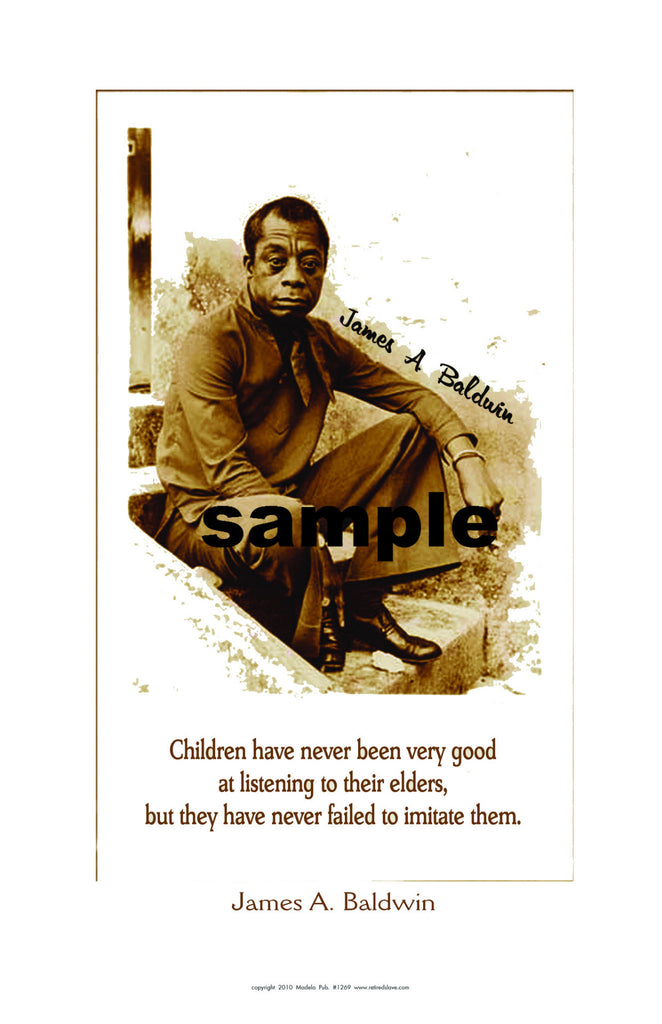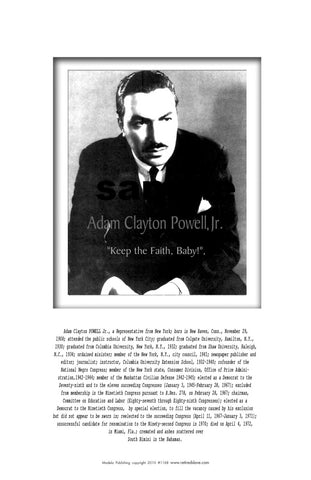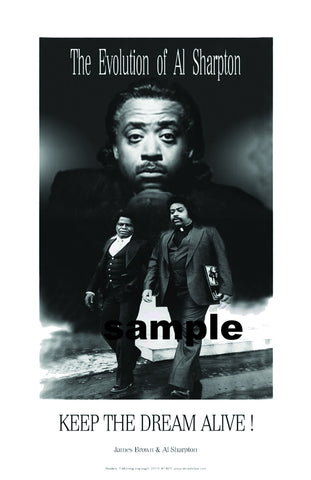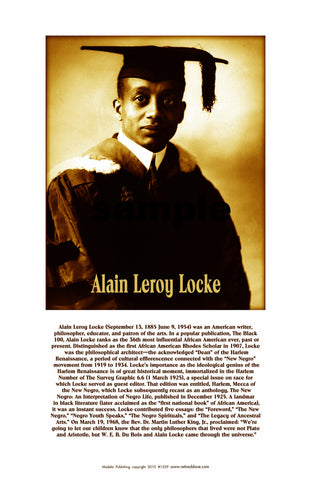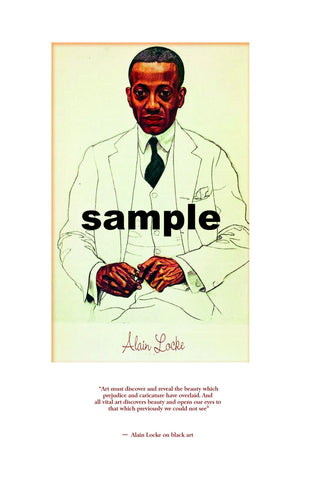James A. Baldwin #1269
$ 10.00
Caption from poster__
James A. Baldwin
“ Children have never been very
good at listing to their elders, but
they have never failed to imitate them.”
Baldwin was born in Harlem in 1924, the first of his mother's nine children. He never met his biological father and may never have even known the man's identity. Instead, he considered his stepfather, David Baldwin, his only father figure. David, a factory worker and a store-front preacher, was allegedly very cruel at home, which the young Baldwin hated. While his father opposed his literary aspirations, Baldwin found support from a teacher as well from the mayor of New York City, Fiorello H. LaGuardia. His most important source of support, however, came from his idol Richard Wright, whom he called "the greatest black writer in the world for me". Wright and Baldwin became friends for a short time and Wright helped him to secure the Eugene F. Saxon Memorial Award. Indeed, Baldwin titled a collection of essays Notes of a Native Son, in clear reference to Wright's enraged and despairing novel Native Son. However, Baldwin's 1949 essay "Everybody's Protest Novel" ended the two authors' friendship because Baldwin asserted that Wright's novel Native Son, like Harriet Beecher Stowe's Uncle Tom's Cabin, lacked credible characters and psychological complexity. However, during an interview with Julius Lester [1] Baldwin explained that his adoration for Wright remained: "I knew Richard and I loved him. I was not attacking him; I was trying to clarify something for myself." Another major influence on Baldwin's life was the African-American painter Beauford Delaney. In The Price of the Ticket, 1985, Baldwin describes Delaney as “the first living proof, for me, that a black man could be an artist. In a warmer time, a less blasphemous place, he would have been recognised as my Master and I as his Pupil. He became, for me, an example of courage and integrity, humility and passion. An absolute integrity: I saw him shaken many times and I lived to see him broken but I never saw him bow.” Baldwin (right of center) with Charlton Heston, Marlon Brando, and Harry Belafonte at the 1963 Civil Rights March on Washington, D.C. Prominent Black actor Sidney Poitier can also be seen in the crowd.Baldwin, like many American authors of the time, left to live in Europe for an extended period of time beginning in 1948. His first destination was Paris where Ernest Hemingway, Gertrude Stein, F. Scott Fitzgerald, Richard Wright, and many others had lived during their writing careers. When Baldwin returned to America, he became actively involved in the Civil Rights Movement. He marched with Martin Luther King, Jr. to Washington, D.C. In 1962 Baldwin received a George Polk Award for his reporting in The New Yorker. During the early 1980s, Baldwin was on the faculty of the Five Colleges in Western Massachusetts. While there, he mentored Mount Holyoke College future playwright Suzan-Lori Parks, who won the Pulitzer Prize for Drama in 2002. Baldwin died of cancer in 1987 at the age of 63. In 2005 the USPS created a First-Class Postage Stamp dedicated to him which featured him on the front, and on the back of the peeling paper had a short biography. One of Baldwin's richest short stories, "Sonny's Blues," appears in many anthologies of short fiction used in introductory college literature classes .
